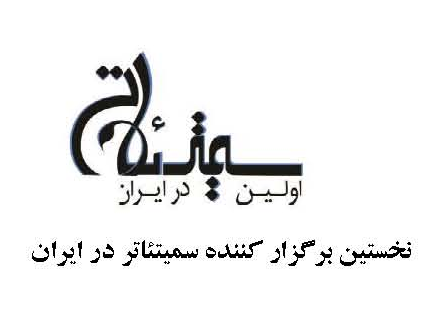Behavioral Economics Sheds Light on Irrational Money Decisions
New insights from behavioral economics show how cognitive biases drive financial mistakes—and how better environments can guide smarter choices.
For decades, classical economic theories assumed that people made rational decisions. But behavioral economics has shown that emotions, mental shortcuts, and biases often lead to poor financial behavior—like overspending, fear-based investing, or ignoring retirement savings.
Concepts like loss aversion, anchoring, and choice architecture are now being used to redesign financial systems that work with human psychology rather than against it. Globally, governments and fintech startups are applying “nudges” to help people save more, avoid debt, and make better decisions automatically.
As the field expands, behavioral economics is expected to transform not only policy design but also how individuals understand their own financial habits.
پسندها:
0

